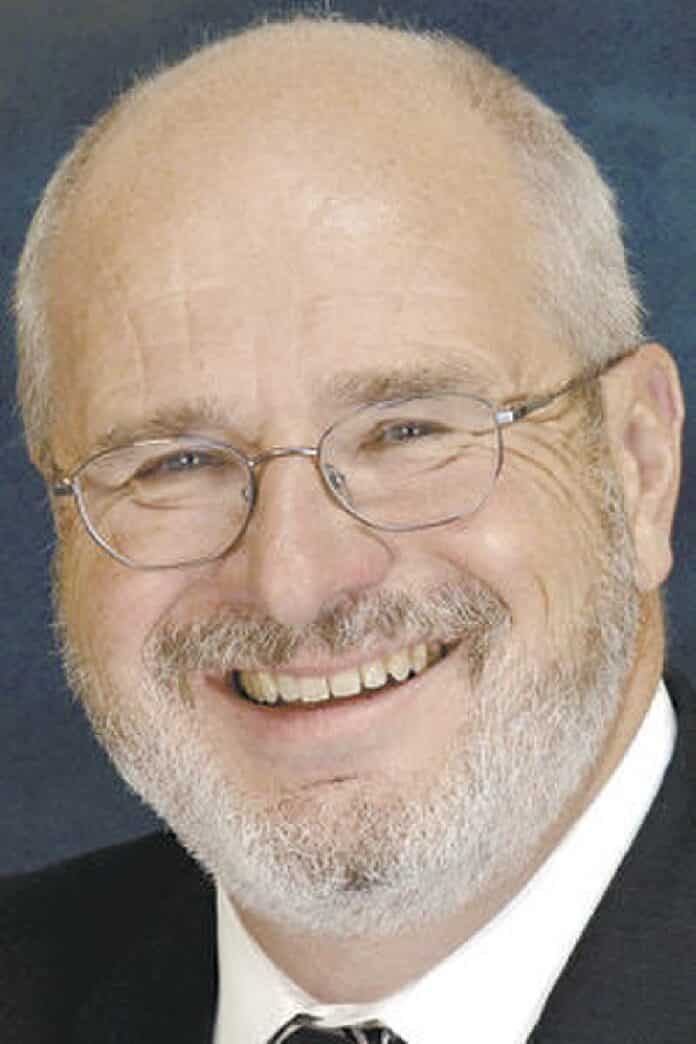The only person who comes off well in former National Security Advisor John Bolton’s new book is, you guessed it…John Bolton.
“The Room Where It Happened,” Bolton’s memoir of his time in President Donald Trump’s White House, operates from a simple formula. People who agree with him or flatter him are both brilliant and virtuous. People who don’t are short-sighted and self-centered.
And those who sometimes line up with him and sometimes don’t – such as the vice president, Indiana’s own Mike Pence – are clear-headed when they stand with him and, sadly, lose their way when they don’t.
Bolton tells his tale in a tome that is both tedious and long. He writes a dead stick’s prose, every page as lifeless as a mummy in a sarcophagus.
That’s one reason Bolton’s book is such a slog.
The other is that there just isn’t much new here.
Bolton’s determined skewering of President Trump has drawn the most attention. The depiction of Donald Trump that emerges is unflattering in the extreme, a portrait of a president who is more like an overfed, overstimulated brat than a world leader and self-proclaimed titan of business.
Trump hated and feared the book’s arrival so much that he went to court to try to block its publication, arguing it was filled with lies and that it revealed classified information vital to the nation’s security. The court dismissed the president’s suit, perhaps because the president’s two arguments contradicted each other.
Lies, by definition, can’t be classified information.
Thus, if Bolton is lying, he can’t be giving away national security secrets.
And, if he’s compromising national security, he can’t be lying.
It’s not likely that Bolton is lying.
Part of the sheer tedium of reading his book comes from his piling on of detail after detail after detail. The nonstop notebook dumping makes clear that Bolton took notes or recorded just about every moment he spent in the Trump White House.
But Bolton exerts no control over his material. Trivial asides are conveyed with the same amount of verbiage and emphasis as world-shaking events.
His description of Trump is less than revelatory.
In Bolton’s telling, Trump is lazy, uninformed, and relentlessly, unabashedly self-absorbed. The stands the president takes are in the nation’s interest only by accident – that is, Donald Trump does what’s good for America only when it happens also to be good for Donald Trump.
This president, Trump’s former national security advisor argues, is unfit for the office and a threat to the nation, one who deserves – and deserved – impeachment.
It’s an odd indictment, coming from Bolton.
Bolton presents himself as a savvy but selfless defender of America, one who always does the right thing by the country regardless of the personal cost.
Critics have pointed out that, if Bolton were convinced President Trump threatened American security, the time to tell his story was during the impeachment proceedings, when a signal from him would have swayed wavering Republicans.
Telling his tale then, though, would have diminished Bolton’s book sales and stripped him of several million dollars.
But there may be another reason besides greed that motivated Bolton’s desire to relate his saga so it could not be examined under oath or subjected to tough questions.
Bolton’s career has been defined by bellicosity. He threatens the use of military might at the slightest provocation. To hear him tell it, he is the only one who sees the world as it is, a savage place where force is the only effective tool for resolving differences.
In an unintentionally telling moment, Bolton relates a conversation between him and the president. Trump tells Bolton that Bolton has a “lot of hostility.” Trump then says that no one has as much hostility as Trump does, but Bolton nonetheless has a lot.
Like meet like.
Perhaps Bolton eviscerates Trump now because Bolton finally has served a president whose impulsive bellicosity matches his own – and it’s impossible to argue that the results of this policy of unvarnished hostility have made the world a better, safer place.
Rather than acknowledge the limits of his own world view, Bolton prefers to attack Trump as an imperfect vessel for realizing that world view.
The cliché says that opposites attract.
John Bolton and Donald Trump now can’t stand each other.
Maybe that ought to tell them something.
John Krull is director of Franklin College’s Pulliam School of Journalism and publisher of TheStatehouseFile.com, a news website powered by Franklin College journalism students.





